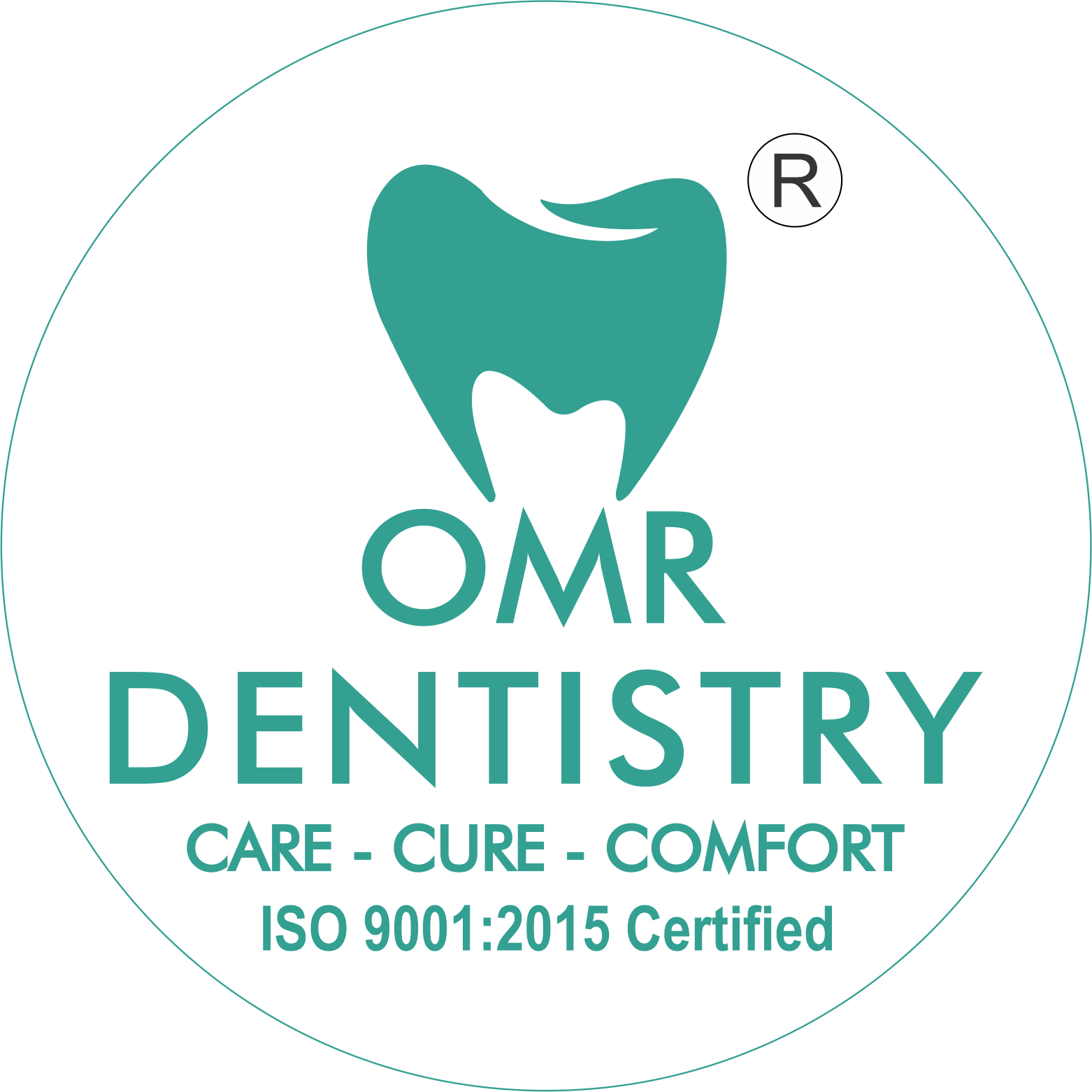14 Jul Dental Care for Aging Adults
Aging is a natural part of life, and with it comes a set of unique challenges, including changes in our oral health. As we grow older, our bodies undergo various transformations, and our teeth and gums are no exception. Dental care for aging adults requires special attention to address the specific oral health challenges that arise with age. In this blog post, we will explore some of the common oral health issues faced by aging individuals and provide valuable tips for maintaining oral hygiene as we age.
- Tooth Decay:
Tooth decay is a prevalent oral health problem among aging adults. It occurs when bacteria in the mouth produce acids that erode the tooth enamel, leading to cavities. The risk of tooth decay increases with age due to factors such as a lifetime of exposure to sugars and acids, reduced saliva production, and receding gums.
To combat tooth decay, aging individuals should follow these guidelines:
– Brush Regularly: Brush your teeth at least twice a day using a fluoride toothpaste. Pay extra attention to thoroughly clean all surfaces of your teeth.
– Floss Daily: Clean between your teeth with dental floss or interdental brushes to remove plaque and food particles that brushing alone may not reach.
– Limit Sugary Foods and Drinks: Reduce your intake of sugary snacks and beverages, as they contribute to tooth decay. Opt for healthier alternatives like fresh fruits and vegetables.
- Gum Disease:
Gum disease, or periodontal disease, is a prevalent concern for aging adults. It begins with inflammation of the gums (gingivitis) and, if left untreated, can progress to more severe forms of periodontitis. Gum disease can result in gum recession, bone loss, and even tooth loss. Factors that increase the risk of gum disease in older individuals include poor oral hygiene, certain medications, systemic diseases like diabetes, and hormonal changes in women.
To maintain healthy gums, consider the following practices:
– Regular Dental Check-ups: Visit your dentist at least twice a year for professional cleanings and check-ups. Your dentist will assess the health of your gums and provide necessary treatments or recommendations.
– Practice Good Oral Hygiene: Brush your teeth with a soft-bristled toothbrush and fluoride toothpaste. Gently clean along the gumline to remove plaque and bacteria. Don’t forget to brush your tongue as well.
– Quit Smoking: Smoking not only increases the risk of gum disease but also interferes with the healing process. If you smoke, consider quitting to improve your overall oral health.
- Tooth Loss:
Tooth loss is a common occurrence as we age. It can result from untreated tooth decay, gum disease, or other dental problems. Missing teeth can affect our ability to chew properly, speak clearly, and impact our self-confidence. It’s essential to address tooth loss to maintain oral function and quality of life.
Here are some options for replacing missing teeth:
– Dentures: Dentures are removable dental appliances that can replace multiple missing teeth. They are custom-made to fit your mouth and restore your ability to chew and speak.
– Dental Implants: Implants are a more permanent tooth replacement option. They involve surgically placing artificial tooth roots into the jawbone and attaching lifelike prosthetic teeth. Dental implants provide excellent stability and function, closely resembling natural teeth.
– Bridges: Dental bridges are fixed prosthetic devices that bridge the gap created by one or more missing teeth. They consist of artificial teeth anchored to the adjacent natural teeth or dental implants.
In addition to these specific challenges, aging individuals should continue to practice good oral hygiene habits throughout their lives. Here are some general tips for maintaining oral health as we age:
– Stay Hydrated: Drink plenty of water to combat dry mouth and promote saliva production, which helps protect against tooth decay.
– Eat a Balanced Diet: Consume a nutritious diet rich in vitamins and minerals to support healthy teeth and gums. Include foods like dairy products, leafy greens, and lean proteins.
– Maintain Regular Dental Check-ups: Regular dental visits are crucial for early detection and treatment of oral health issues. Your dentist can monitor your oral health, clean your teeth, and provide guidance on proper care.
– Practice Good Oral Hygiene Habits: Brush your teeth at least twice a day, floss daily, and use mouthwash to maintain a clean and healthy mouth.
– Be Aware of Medication Side Effects: Some medications can have oral health implications. Discuss with your healthcare provider or dentist if any of your medications may affect your oral health.
Taking care of your oral health is vital at any age, but it becomes even more critical as we grow older. By understanding and addressing the unique oral health challenges faced by aging individuals and following these tips, you can maintain a healthy smile and improve your overall well-being in your later years. And Don’t forget to visit your dentist atleast twice in a year. Looking for a best dentist, you are at the right palace OMR dentistry in the best dental care clinic you can choose.
Remember, a healthy mouth contributes to a healthy body and a better quality of life.


Sorry, the comment form is closed at this time.